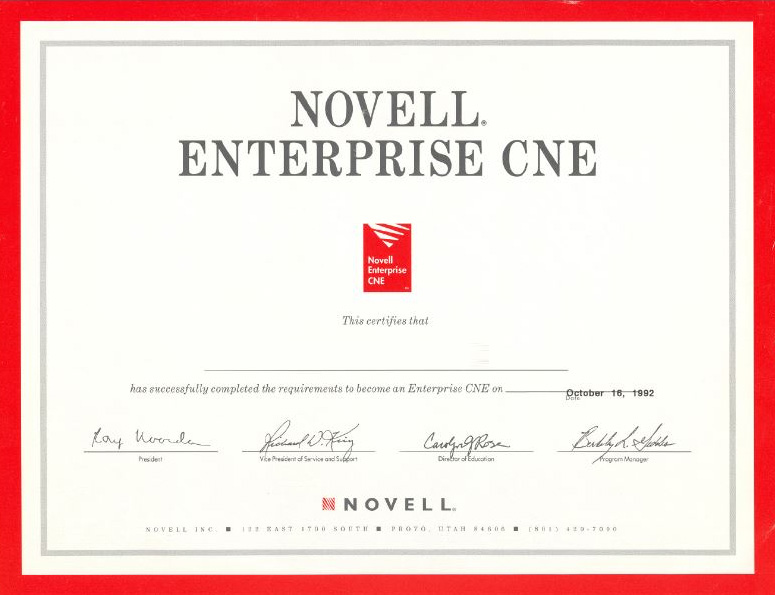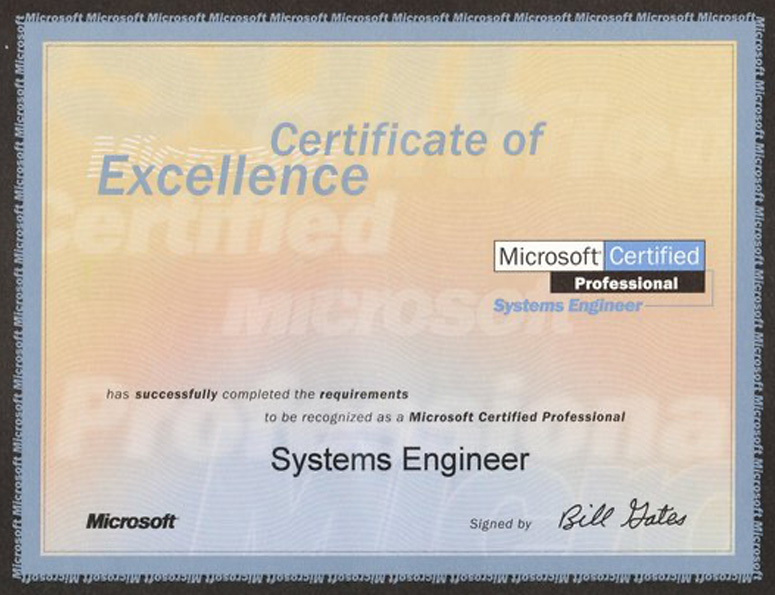
Micro-credentials are digital certificates confirming the acquisition of specific skills or knowledge in very specific areas.
Micro-credentials are digital certificates confirming the acquisition of specific skills or knowledge in very specific areas.
A digital certificate ensures the credibility, immutability, and durability of the credential. It has a graphical representation that the holder uses throughout their professional career.
The certificate confirms the acquisition of specific skills and/or knowledge, and is therefore issued after meeting clear criteria, usually involving passing an exam or completing tasks.
The certificate confirms knowledge in a specific area of knowledge, not broad knowledge on a particular topic. For example, a certificate for an Amazon Web Services cloud security specialist rather than a macro-credential confirming graduation in IT Security.
Macro-credentials such as bachelor’s, master’s, or higher degrees are still the primary form of confirming qualifications for professional work or further studies. Described at the national level, they represent formal recognition of a set of skills and related knowledge acquired over a longer period during studies at an accredited institution.
Micro-credentials, whose final form is still at an early stage of implementation in the academic environment, have gained popularity and recognition over the past 30+ years in the professional skills certification space. Novell introduced the Certified Novell Engineer (CNE) certification in 1985, Microsoft started the Microsoft Certified Professional (MCP) certification in 1992, and CISCO in 1993.
Of course, IT is not the only area of professional knowledge that has occupied the micro-credentials space. Accounting (Certified Public Accountant), Marketing (Certified Marketing Executive), Project Management (Project Management Professional), Finance (Chartered Financial Analyst), and many others. Companies can also use micro-credentials to systematically confirm the knowledge and skills of employees in narrow areas of specialization (e.g., Specialist in blood test result interpretation using method X with tool Y).


According to previously presented definitions, micro-credentials are usually earned after completing a course and confirming knowledge and skills in a formalized way (e.g., an exam, including online exams). A digital badge is an online form of graphical representation of acquired skills or achievements. It can be associated with a micro-credential, but digital badges are also issued for smaller achievements (e.g., participation in an event).

